In the ever-evolving world of Transportation and Logistics, embracing technological advancements is key to overcoming challenges and achieving peak efficiency. Mobile apps have emerged as a transformative solution, offering innovative ways to tackle longstanding issues faced by the industry. Let’s dive into how the implementation of mobile apps addresses key problems and propels the Transportation and Logistics sector into a new era of streamlined operations.
1. Route Optimization: Navigating the Efficient Path
Problem: Inefficient route planning leading to increased fuel costs and longer delivery times.
Solution: Mobile apps come to the rescue with real-time traffic updates, GPS tracking, and advanced algorithms for optimizing routes. This not only reduces fuel consumption but also ensures timely deliveries, a win-win for both logistics providers and clients.
2. Real-Time Tracking and Visibility: See More, Know More
Problem: Limited visibility into the location and status of shipments in real-time.
Solution: Equipped with GPS tracking and RFID technology, mobile apps revolutionize shipment monitoring. Logistics managers and clients now have real-time visibility, allowing for better decision-making, enhanced tracking, and an overall improvement in supply chain efficiency.
3. Inventory Management: From Manual to Digital Precision
Problem: Manual and time-consuming inventory tracking leading to errors and inefficiencies.
Solution: Barcode scanning capabilities and integration with warehouse management systems transform inventory management through mobile apps. The result is a reduction in errors, improved accuracy, and a more streamlined inventory control process.
4. Communication and Collaboration: Breaking Down Silos
Problem: Ineffective communication among team members, drivers, and stakeholders.
Solution: Mobile apps facilitate instant communication through messaging and push notifications. This ensures seamless collaboration, providing timely updates and quick problem resolution, thereby fostering a more connected and efficient logistics ecosystem.
5. Electronic Documentation: Paving the Way for a Paperless Future
Problem: Reliance on paper-based documentation causing delays and potential errors.
Solution: Mobile apps digitize documentation processes with electronic signatures and proof of delivery. This not only reduces paperwork but also minimizes errors, accelerating administrative tasks for a more efficient workflow.
6. Fleet Management: Optimizing Vehicle Performance
Problem: Limited insights into the performance and maintenance needs of the fleet.
Solution: Mobile apps integrated with fleet management systems offer real-time data on vehicle health, maintenance schedules, and driver behavior. This optimization of fleet performance reduces downtime and ensures the overall efficiency of the transportation fleet.
7. Customer Service and Visibility: Transparency Wins Trust
Problem: Lack of real-time information for customers regarding shipment status and estimated delivery times.
Solution: Customer portals on mobile apps provide transparency, allowing clients to track shipments, receive updates, and access delivery details in real time. This heightened visibility not only improves customer satisfaction but also builds trust.
8. Driver Management: Navigating Compliance
Problem: Difficulty in managing driver schedules, rest times, and compliance with regulations.
Solution: Mobile apps equipped with features like driver logbooks, rest time tracking, and compliance alerts simplify driver management. This ensures adherence to regulations, promotes driver safety, and enhances overall operational compliance.
9. Data Analytics for Decision-Making: Insights for Success
Problem: Limited data-driven insights for strategic decision-making.
Solution: Mobile apps integrated with analytics tools collect and analyze data on key performance indicators. This provides valuable insights for informed decision-making, route optimization, and overall operational efficiency.
10. Security and Anti-Theft Measures: Safeguarding the Cargo
Problem: Risks of theft and security breaches in the transportation of valuable goods.
Solution: Mobile apps with geofencing, security alerts, and anti-theft features enhance the security of shipments. These proactive measures protect against theft and unauthorized access, ensuring the safe and secure transportation of valuable cargo.
In conclusion, the integration of mobile apps into the Transportation and Logistics industry is not merely a technological advancement; it’s a revolution. By effectively addressing these challenges, mobile apps pave the way for greater operational efficiency, cost savings, and improved customer satisfaction. The industry is on the fast lane to a future where streamlined logistics operations are not just a goal but a reality.



